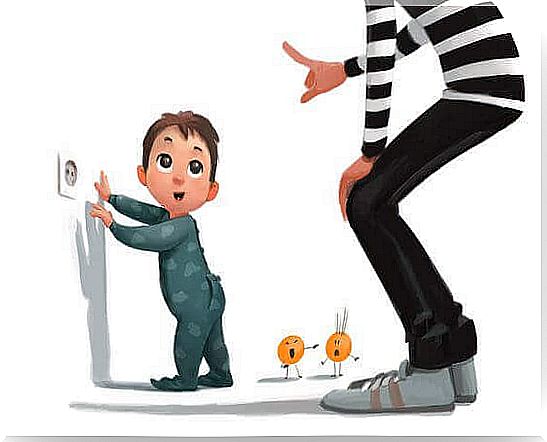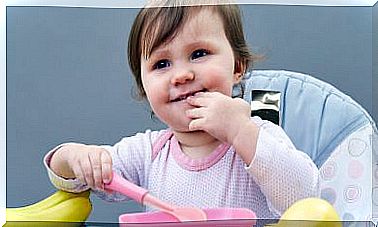Positive Discipline In Education

The topic of today’s article is positive discipline in children’s upbringing and education.
A healthy emotional upbringing should include more phrases like I love you , I understand you, and I support you , while less should be left do not make about – type statements.
However, warnings and prohibitions should not be a recurring and constant background noise in a child’s life. The child’s living environment should not be filled with negativity and difficulty, as the child needs to be able to see opportunities and open doors.
We know that finding a balance can be difficult, and the truth is that raising a child requires daily activities where we are constantly facing new challenges. Parents need to apply different strategies based on their own values while meeting the needs of the child. Each child requires individual guidance and effort, as well as methods that suit his or her characteristics and behavior.
Whether we use any method to calm a child’s tantrum, alleviate fears, or satisfy needs, there is one aspect that should not be overlooked. Namely, the significant effect of the non-word on the child. Next, we tell you how a non-word used repeatedly during the day affects our brains.
The brain does not understand the non-word

The human brain thinks about things in pictures. For example, the words no and do not cause us mostly negative emotions. The same goes for children. It is difficult for the brain to process the concept of negation, and it is even more difficult when the mind is very stubborn, rebellious and naive.
For example, if someone forbids you to think of red apples, soon you will think of nothing but red apples.
When it comes to education, it is very important to avoid using the words no and do not. For example, sentences don’t touch it , don’t do it around , don’t open it , don’t eat it and don’t go there repeated use should be avoided.
Otherwise, the following may happen:
- The child’s sense of frustration and negative emotions increase
- Negative words that are used a lot start to lose their meaning over time
Explain to the child why you say “no”
Instead of telling your child not to touch it or don’t go there , you should offer him or her an explanation that clarifies the situation and helps reduce negative emotions. For example, a good explanation might be:
- “If you touch it, you may hurt yourself as it is sharp / hot / dangerous.”
- “Mom doesn’t want you to go to the balcony because you can fall. Stay here with me so we can spend time together. ”
By providing the child with a simple and affectionate explanation, the parent can completely avoid the use of the non-word, which in itself produces many negative emotions in our brains, no matter what age we are.
So, when it’s time for a child to set limits, warnings, and prohibitions, he or she must also be offered explanations. This will require time, patience and a high dose of affection, but the results are still worth the effort.

Positive Discipline – Grow with affection and tell you that you love
Positive discipline is nothing new. Psychiatrist Alfred Adler (Vienna 1870-1937) is a developer of social development theory. According to the theory, the child should always experience a connection to his immediate environment and community closely and positively.
One way to achieve this connection is through education – education that is always respectful, intuitive, equal, and democratic.
Parents should never find themselves in a situation where they would have to be punished, denied and shouted, which would cause constant fear in the child. These factors have a significant effect on a child’s brain.
Next, we present the main principles of positive discipline. So say more to your child “I love you”, “I understand you” and “I support you”, and avoid saying “don’t do that”, “don’t say that”, “don’t touch” or “don’t move”.

Application of positive discipline
It would be good to raise the child in a motivating way, however, by establishing strict and encouraging guidelines.
Boundaries should be set for the child that are respected in every situation, and the boundaries should be explained in a way that is understandable to the child. The child should identify with the boundaries and adhere to them naturally without fighting them.
- The child should feel valued, understood, and loved.
- The child should not be punished for mistakes by shouting or criticizing, but the child should be explained how to successfully resolve, heal, and overcome mistakes, while telling him or her that “you trust him or her”.
- At the same time, parents teach the child life skills : respect, problem-solving skills, responsibility, independence, and cooperation.
- Parents also aim to help the child identify their own skills so that they can reach their full potential, as well as feel useful, courageous, and capable of achieving the goals they have set.
In conclusion, raising a child by saying more “I love you” does not mean choosing the easiest path or being too permissive. Instead, it means developing a child’s own abilities and life management skills, positive emotions, and encouraging them to find a positive connection to everything around them.









